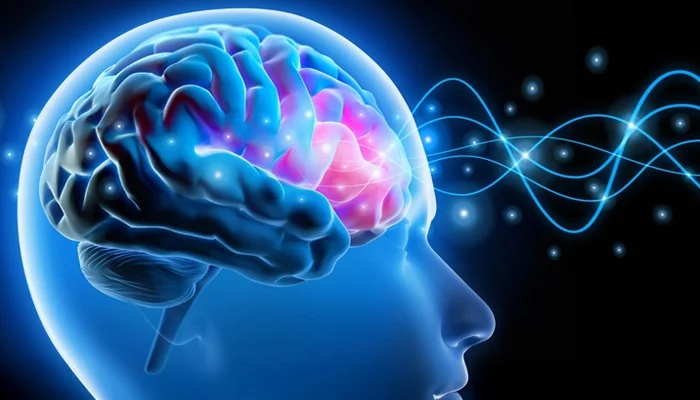Dementia is a general term for loss of memory, language, problem-solving and other thinking abilities that are severe enough to interfere with daily life. Alzheimer’s is the most common cause of dementia.
Researchers at Örebro University have developed cutting-edge AI technology that can detect dementia with remarkable accuracy using brainwave data. The new models analyze EEG signals electrical activity in the brain to distinguish healthy individuals from patients with Alzheimer’s disease or frontotemporal dementia.
In one study, the AI system combined temporal convolutional networks and LSTM networks to analyze brain signals. It was able to classify three groups Alzheimer’s, frontotemporal dementia, and healthy individuals with over 80% accuracy.
Uniquely, the system also highlights which parts of the EEG signal influence its decision, giving doctors an interpretable, transparent diagnosis.
A second study focused on privacy and efficiency. Researchers developed a compact AI model under one megabyte in size that uses federated learning to allow multiple healthcare providers to train the system collaboratively without sharing patient data. Despite these privacy protections, the model achieved 97% accuracy in detecting dementia.
“Traditional AI often lacks transparency and raises privacy concerns. Our study addresses both,” said Muhammad Hanif, associate senior lecturer of informatics at Örebro University.
How AI Works?
The AI examines EEG signals across different brainwave frequencies, such as alpha, beta, and gamma waves, identifying subtle patterns linked to dementia. By detecting long-term changes and differentiating between types of dementia, the system moves beyond the traditional “black box” approach, offering explainable results for medical professionals.
Potential for Early Diagnosis at Home:
EEG is already a simple and low-cost method commonly available in primary care. Combined with portable AI models, these tools could eventually allow rapid dementia screening at home or in clinics, potentially easing the burden on patients, caregivers, and healthcare systems.
“Early detection is essential for slowing disease progression and improving quality of life,” Hanif noted.
The research, conducted in collaboration with universities in the UK, Australia, Pakistan, and Saudi Arabia, aims to expand to larger, more diverse datasets, explore additional EEG features, and include other types of dementia such as vascular and Lewy body dementia—all while maintaining strict patient privacy.


















